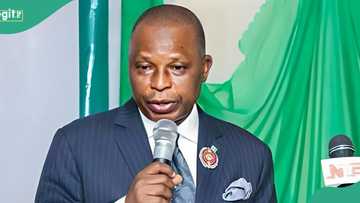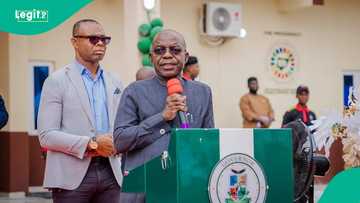Members of ECOWAS and their presidents
The ECOWAS member states, Economic Community of West African States or Communauté Économique des États de l'Afrique de l'Ouest (CEDEAO) in French, is a union of countries in West Africa. It has joint military forces known as ECOMOG and headquarters located in Abuja, Nigeria.
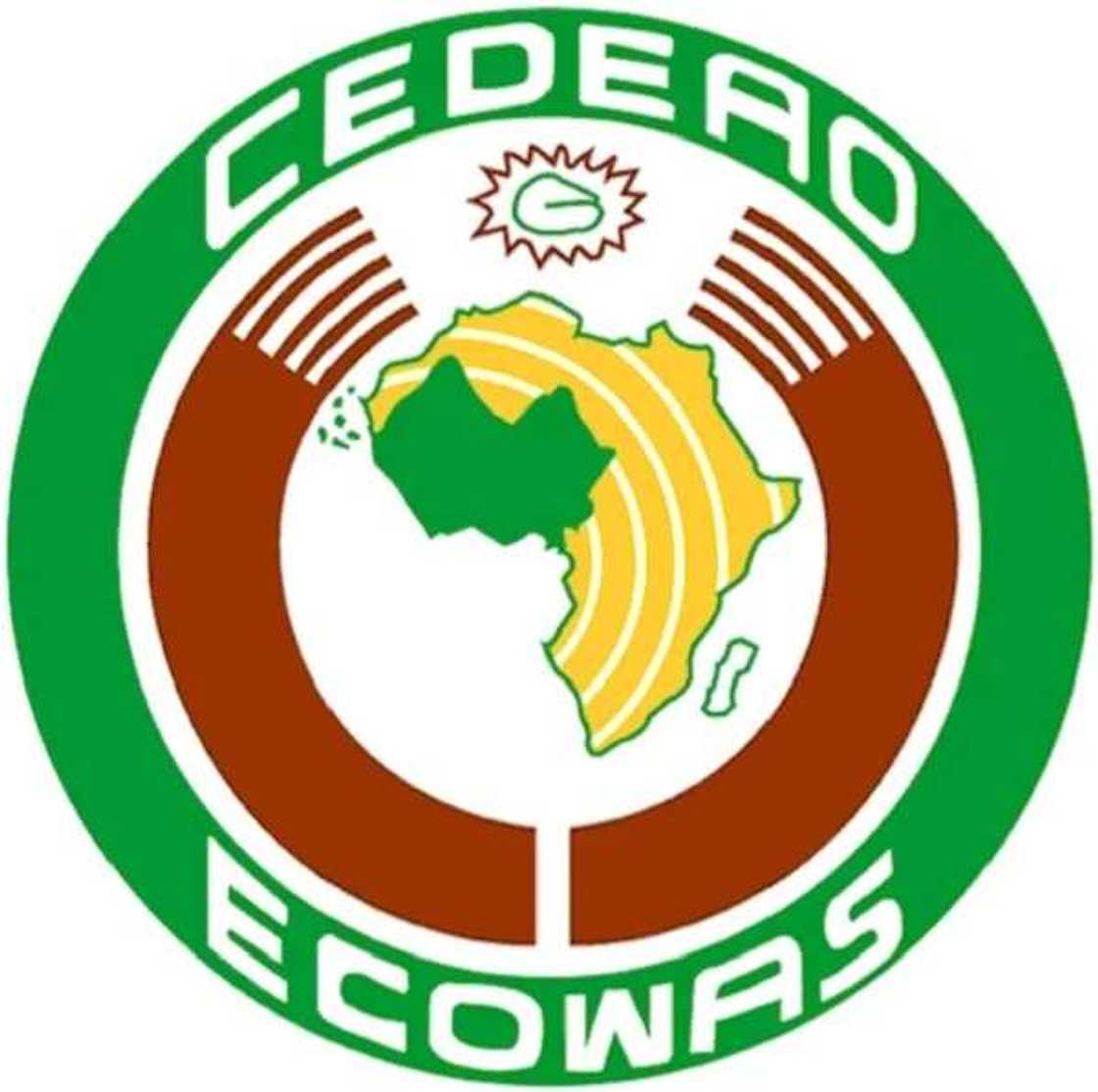
What ECOWAS is and what the ECOWAS member countries do
The Economic Community of West African States was created on May 28, 1975, when 16 countries from Western Africa signed a Lagos agreement. The goal of the creation of this community was the promotion of the economic integration of the member states. In 2000, Mauritania left the community, and today there are 15 countries in it. At the moment, the community is forming a free trading zone.
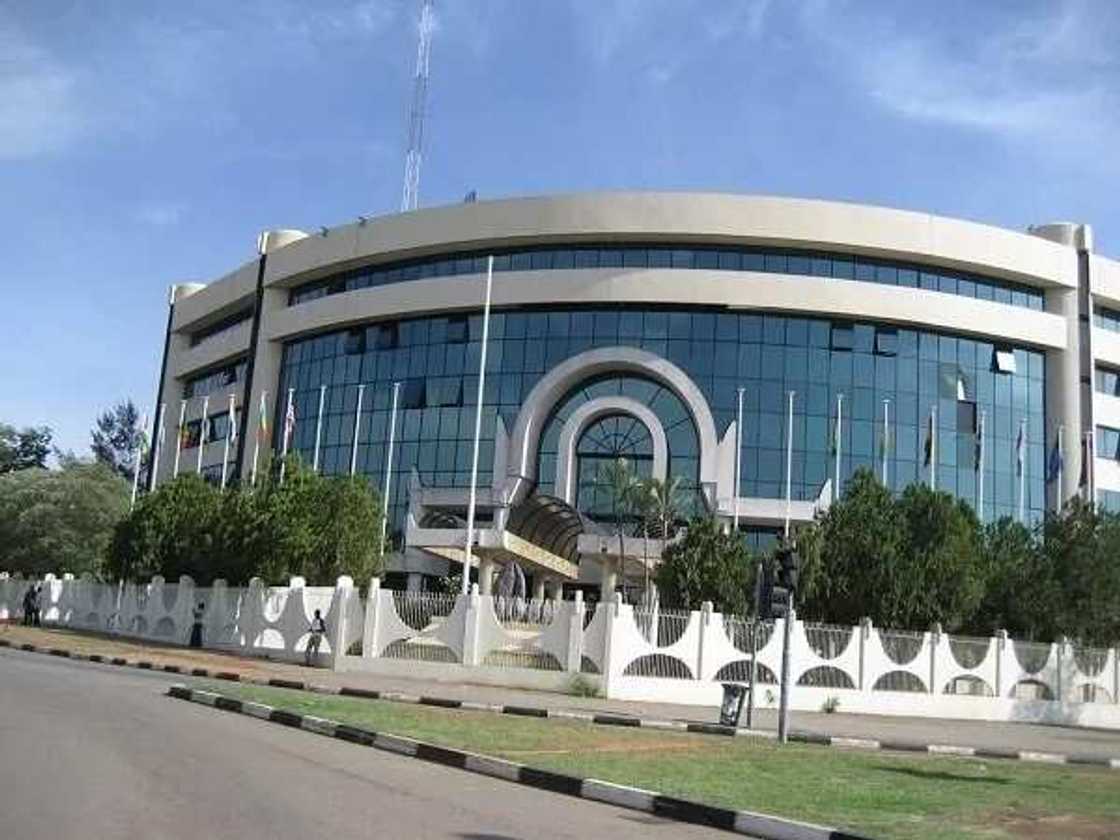
READ ALSO: Single market in Africa will create jobs, reduce poverty - President Buhari
In 2004, Ministers of the Community’s defense agreed on a suggestion to create an effective peacemaking military body of ECOWAS. It was planned to gather about 1,500 constant-ready members and 5,000 of the permanent peacemakers.
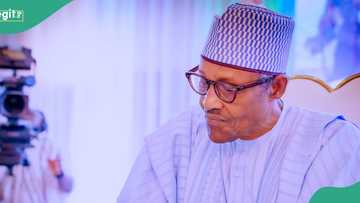
Read also
Just In: Buhari returns to Nigeria after testifying in Mambilla arbitration in Paris, video surfaces
The highest ruling body of the community is the Conference where the chiefs of governments of ECOWAS countries and their presidents gather. Apart from this ruling institution, ECOWAS has its own Parliament, Court, ECOBank, Economic and social council, and different commissions that deal with customs, trading, and other important matters.
ECOWAS members countries list
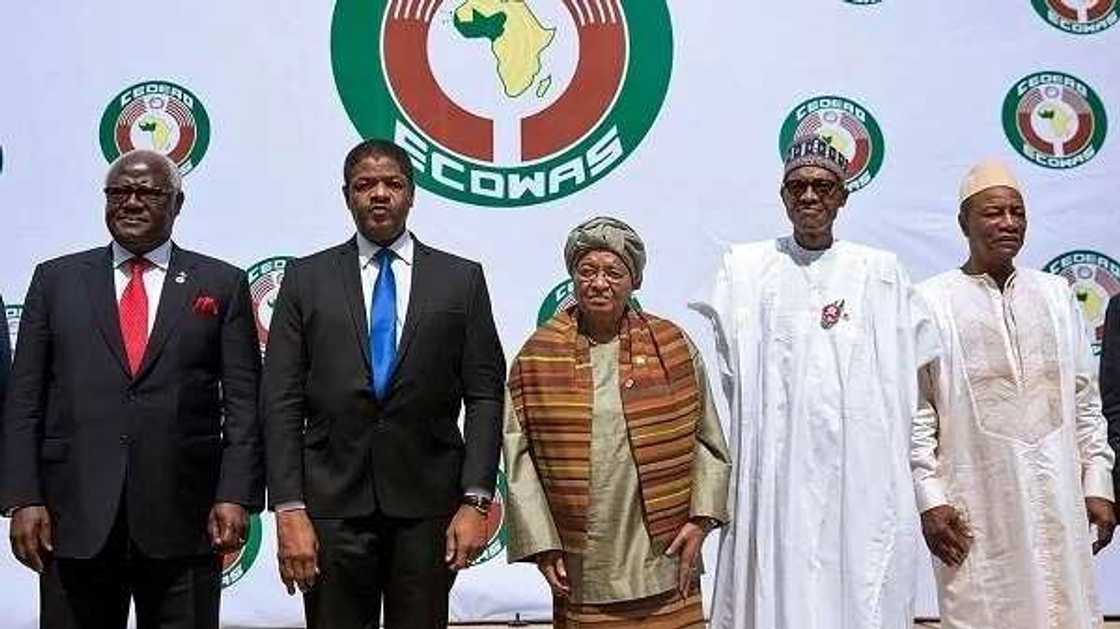
Today, there are 15 member countries in ECOWAS. The community operates in three languages of the member countries: French, English, and Portuguese. It’s ruled by two main bodies: the ECOWAS Commission and the former Fund for Cooperation, which was renamed in 2001 to Bank for Investment. The ECOWAS Commission is ruled by a President who changes every 4 years. The current ECOWAS president 2017 is Marcel Alain de Souza from Benin
The 15 member countries form two zones: A and B.
The A zone involves the following countries:
- Cape Verde (the President is Jorge Carlos Fonseca, Portuguese-speaking)
- Gambia (the President is Adama Barrow, English-speaking)
- Guinea (the President is Alpha Condé, French-speaking)
- Guinea-Bissau (the President is José Mário Vaz, Portuguese-speaking)
- Liberia (the President is George Weah, English-speaking)
- Mali (the President is Ibrahim Boubacar Keïta, French-speaking)
- Senegal (the President is Macky Sall, French-speaking)
- Sierra Leone (the President is Ernest Bai Koroma, English-speaking)
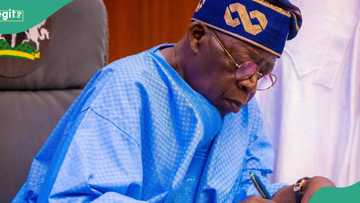
Read also
Tinubu announces fresh appointment, makes clarification on Yahaya Bello Wurno’s new mandate
The B zone includes the following states:
- Benin (the President is Patrice Talon, French-speaking)
- Burkina Faso (the President is Roch Marc Christian Kaboré, French-speaking)
- Ghana (the President is Nana Akufo-Addo, English-speaking)
- Ivory Coast (the President is Alassane Ouattara, French-speaking)
- Niger (the President is Mahamadou Issoufou, French-speaking)
- Nigeria (the President is Muhammadu Buhari, English-speaking)
- Togo (the President is Faure Gnassingbé, French-speaking)
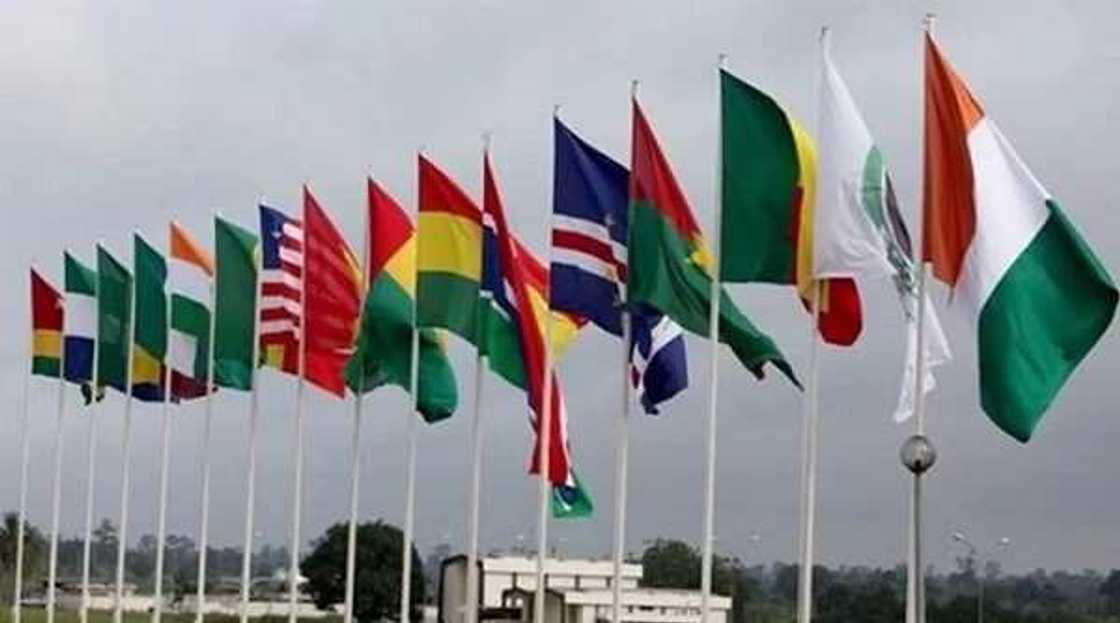
These are the initial states that have been in the community since the foundation date. Aside Mauritania, which withdrew its membership in ECOWAS in 2000, there’s an application for the membership from Morocco received in 2017. The application was endorsed at a summit held for ECOWAS presidents and heads of the governments in June 2017.
Today, the community has two sub-regional blocs. One of them, the West African union for the economy and monetary matters (UEMOA in French) involves eight French-speaking countries that have their own currency union and customs union. These countries created their allies in 1994 to counterbalance English-speaking giants like Nigeria and Ghana. Their currency is CFA franc (the currency is pegged to the euro).
The second block consists of six English-speaking countries. They are working together to eventually adopt their own currency, which will be common in all of these six countries, which will be called eco.
The main goals of ECOWAS countries and their rulers
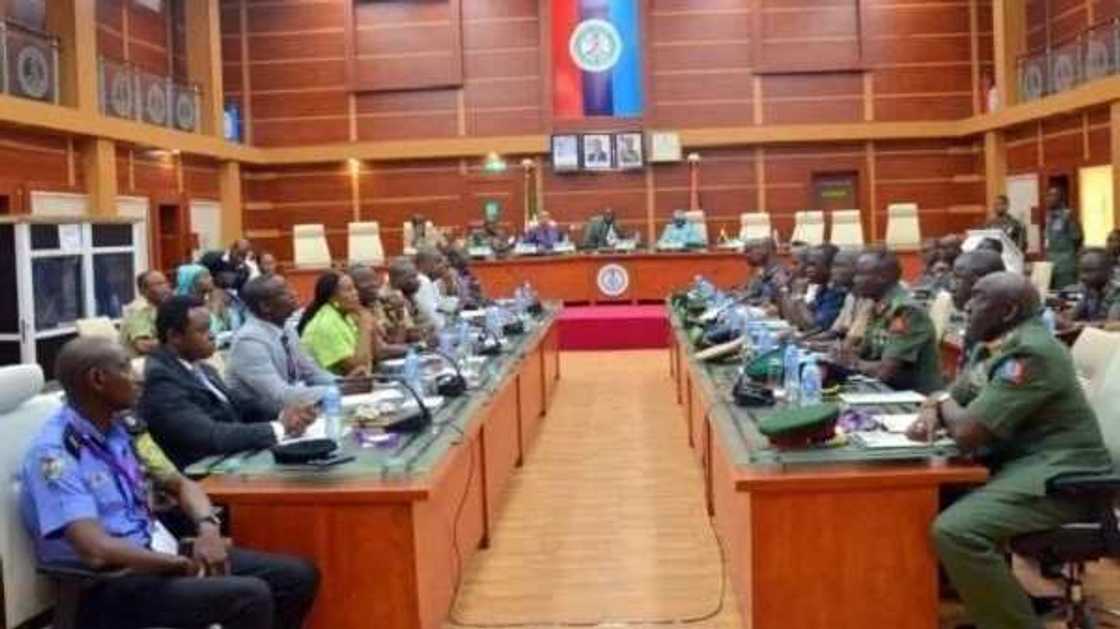
There’s a range of humanitarian goals that ECOWAS member countries have set when forming the community:
- Fighting poverty
- Providing peace in Liberia, Guinea-Bissau, and other hot spots
- Fighting crimes and illegal distribution of firearms
- Disarmament
- Fighting smuggling
To control the execution of these plans, the community created a monitoring group.
As a result, ECOWAS member countries have done the following:
- Created a traffic and energetic infrastructure (building of railroads, automobile roads, natural gas pipelines, etc.)
- Established a moratorium on importing, exporting, and manufacturing of small firearms
- Introduced tourist checks that are accepted by all the banks within the community (nominating 5, 10, 20, 50, and 100 West African currency units
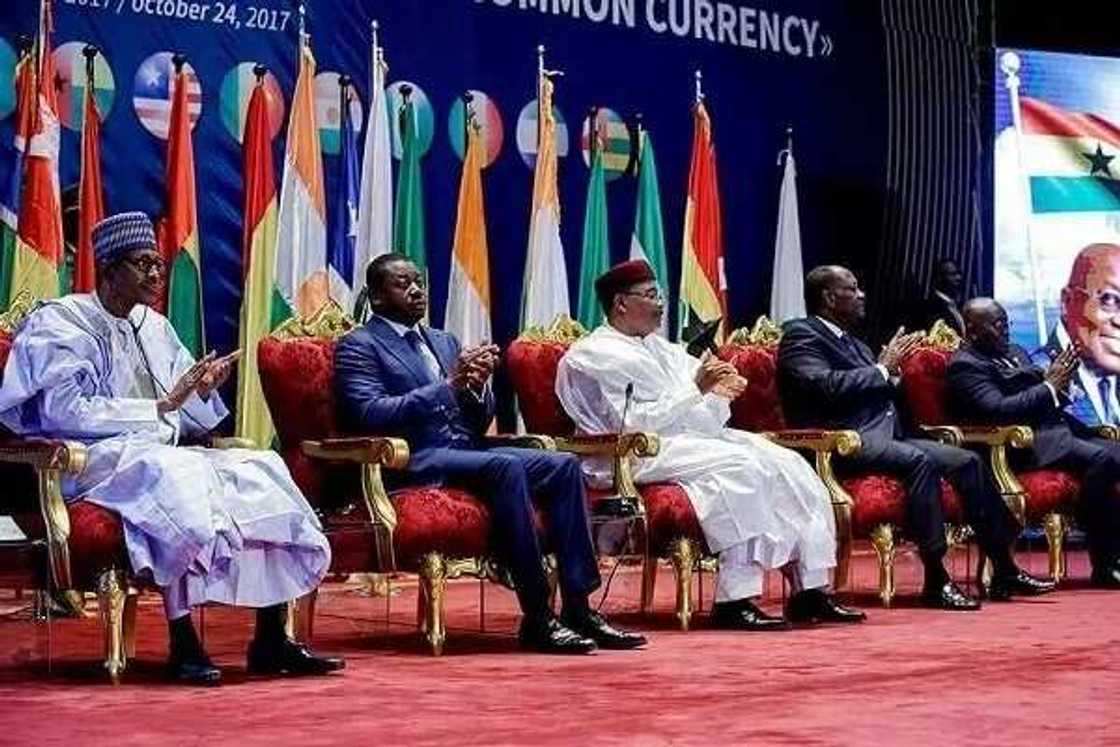
It’s still planned to achieve the following:
- Create a federation of West African states
- Introduce unique currency – “eco”
- Standardize diplomas on education
- Create an energetic pool through the creation of sea, land, and fishing infrastructure
The main problems that obstruct the way to success are the following:
- No railway connection between Nigeria, which is the biggest African economy, and other ECOWAS member countries while French-speaking African countries are connected by old and new railways
- No effective payment system
- No coordination between customs instructions (which leads to the growth of smuggling)
- Many of the community demands (like bringing the budget deficit to the level of GDP less than 4%) are hardly achievable for many member countries
- Instability of the political situation
- Civil conflicts
- The indefinite regional and legal status of the community
Even though there’s still a range of challenges ECOWAS countries have to face on their way towards further development into a well-organized and powerful body, ECOWAS goals are achievable.
READ ALSO: ECOWAS commiserates with Governor Ortom, Benue indigenes
Source: Legit.ng


